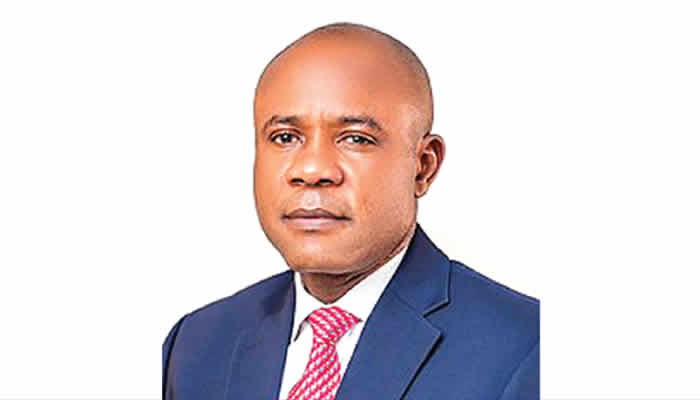
CBN clarifies position on integrity of Nigerian banks following CAR test
The Central Bank of Nigeria (CBN) has denied reports of instability in the Nigerian banking sector following information that some banks had low Capital Adequacy Ratio (CAR) for international authorisation.
The CAR is CBN’s regulatory requirement set up to monitor each bank’s minimum level of capital to ensure its ability to absorb potential losses.
According to the CBN guideline, commercial banks, are expected to maintain a minimum regulatory CAR of 10% and 15% on an ongoing basis
Deposit Money Banks are mandated to maintain a prudential CAR of 10% for national and regional banks while those with international authorisation were instructed to uphold a 15% regulatory CAR.
The controversial report had however, said some Nigerian banks’ CAR was lower than the minimum regulatory requirement set by the CBN and this implied that the capital base of the affected banks may be insufficient to cushion potential losses.
The CBN in a statement signed by the Acting Director, Corporate Communications, Sidi Ali Hakama has denied the report which questioned the integrity and soundness of Nigerian banks.
The statement read: The attention of the Central Bank of Nigeria (CBN) has been drawn to reports in some media outlets suggesting that some licensed commercial banks in the country had failed the CBN’s Capital Adequacy Ratio (CAR) for international authorisation.
“We wish to clarify that the Nigerian banking industry remains resilient as key financial soundness indicators were within the regulatory thresholds as captured in the CBN’s most recent Economic Report of 2023”.
Speaking further, the CBN’s spokesperson advised that the report which said Nigerian banks did not have the requirement for international authorisation should be discarded as it did not emanate from the CBN.
She also noted that the apex bank was currently engaging critical stakeholders in the banking industry to strongly improve and sustain the level of confidence in the Nigerian financial sector.







